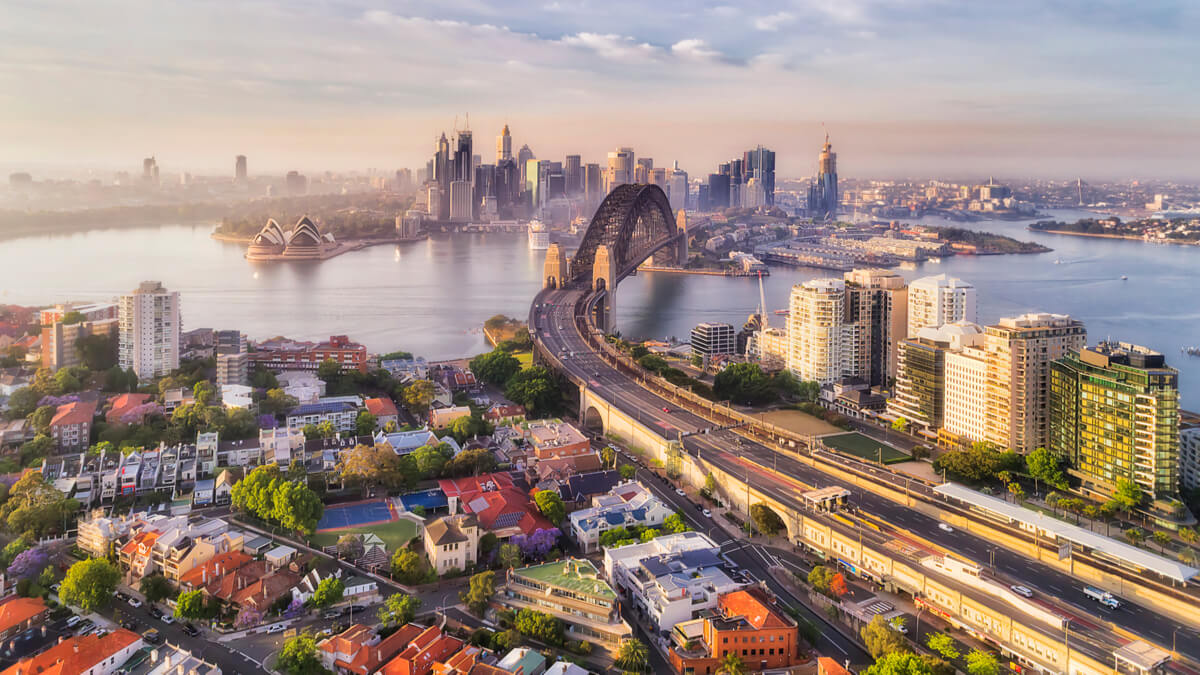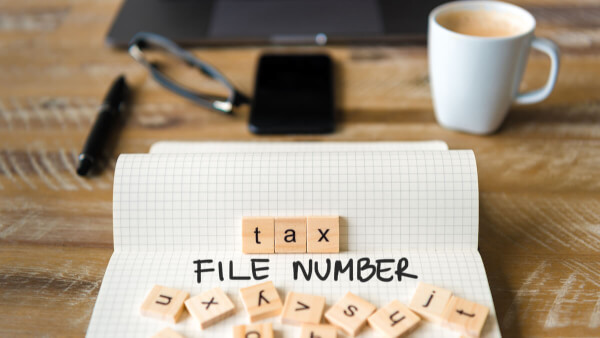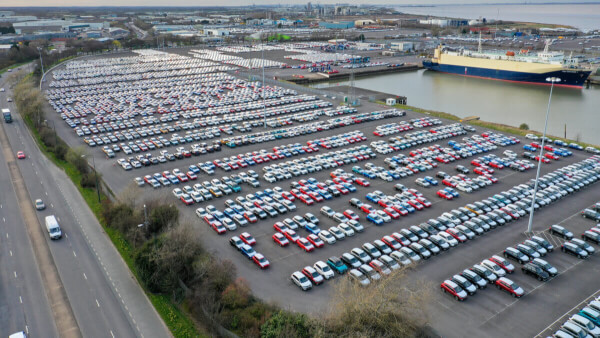Japanese international schools in Sydney. A quick guide
If you’re a Japanese expat looking to move to the Sydney area, you may be interested in looking for a Japanese school for your children. You may be keen for...

Despite an expansive and efficient public transportation system, most working Australian adults consider car ownership a necessity, particularly those residing outside metropolitan areas.
Though Australia contains many commercialized, urban areas, these populated areas are often separated by miles of rural road and desert. Owning a car provides residents the freedom to freely travel between these regions and venture into lesser explored areas, which often hold the continent’s most spectacular nature sites. People who choose to rely on Australia’s public transportation system may find it requires more walking and lost time than one might imagine - not ideal for busy professionals.
This guide will walk you through everything you need to know about where to find a car, the buying process, how to register the car, and some of the special driving laws in Australia.
The Australian government imposes stringent guidelines for importing foreign vehicles. Anyone wishing to bring in a vehicle must apply to have their import approved by the Department of Infrastructure and Regional Development. Any automobile, personal or commercial, that's not been approved will be denied entrance upon arrival.
Entities called Registered Automotive Workshops (RAW) import used vehicles into the continent. They undergo lengthy application processes for the privilege of importing foreign vehicles, ensuring all cars they carry into Australia meet the nation’s motor standards for safe and secure vehicles. RAWs mechanically and electrically modify incoming foreign vehicles so they adhere to Australian laws. They also offer their services to public citizens, who can either directly contact a RAW or apply through the Department of Infrastructure and Regional Development to see if their automobile already meets the guidelines for importation.
Regardless of the selected option, all imported vehicles are subject to hefty import taxes - 5-15% of the vehicle’s value, depending on year of make. Luxury vehicles (defined as vehicles valued over $65,094.00 AUD as of 2017), are subject to an additional import tax equal to 33% of the cost surpassing the threshold.
Contrary to popular belief, purchasing a vehicle in Australia isn't exceptionally expensive. People looking to purchase economy and mid-size vehicles will find Australia to be roughly on par with, or even cheaper than, their home countries. All car owners in Australia can expect to pay for registration costs and mandatory insurance.
An Australian household with two vehicles dishes out anywhere from $14,000 to $22,000 a year in transportation costs on average. Costs vary depending on geographical location, with Sydney ranking as Australia’s most expensive metropolitan area to own a car.
Like most places, insurance premiums depend on location, driver age, car model, gender, and a multitude of other factors. Though there’s no singular answer about Australian insurance costs, a study conducted by RateCity in 2010 determined the average cost for comprehensive insurance in Melbourne was on average $960, with residents of Sydney, as expected, paying more for insurance at $1134.
Gas prices throughout Australia fluctuate dramatically depending on global economic conditions, but they’re generally cheaper than the high costs found across the United Kingdom . As of November 2017, the average cost of gasoline in Australia is 1.35 AUD/liter (3.88 USD/gallon).
Car owners in Australia face further registration and vehicle inspection fees, but these costs and the laws governing when they’re necessary, differ between Australian states.
After you’ve determined what type of car you’d like to purchase and what condition you’d like to buy it in (new or used), check out some Australian dealerships advertising your chosen vehicle. Buyers interested in used cars may find success on online classified sites like gumtree.com.au or carsale.com.au.
Shopping between car dealerships without narrowing down options through initial research isn't advised. Australia’s a massive country with endless options. The only way to ensure you don’t overlook bargains and access the most relevant information is through analyzing the online marketplace. Launch your search with these websites:
You can make payments related to your new purchase via traditional banking methods, like card or cash. Most Australian dealerships accept all major credit cards as well as cash payments. If you’re making payments from overseas, it’s a good idea to use Wise to save yourself some money.
When making foreign transfers, traditional banks tack on hidden fees and arbitrarily determine exchange rates that are usually far from reflective of official global rates. Wise uses the mid-market rate, which is the same as you can find on Google, to convert your money, and shows you the fee you will be charged, upfront. You can also open a borderless multi-currency account, which allows you to hold money in up to 27 currencies. For euro, GBP, USD and Australian dollars you can even get your own account details, so you can receive payments from third parties as well. From 2018 you will be able to get a debit card connected to your borderless account, too.
Each Australian territory has its own regulations regarding vehicle registration, some of which vary wildly between states. Foreign buyers should visit the transportation department website of their respective territory for complete details.
Generally, buyers don't have to worry about the registration process if they're purchasing a vehicle from a dealership in the state in which it was purchased. Reputable car sellers will obtain all the necessary information and manage legalities like registration. To register a vehicle in any state, buyers need some form of proof of purchase and forms of identification. Passports and a valid driver's license usually suffice. In some territories, roadworthiness certificates (documents obtained from a vehicle inspector certifying a vehicle adheres to Australian safety and environmental guidelines) are also compulsory for registration.
Like most metric countries, Australians use kilometers rather than miles when referring to speed and distance, liters instead of gallons when speaking of gasoline. Australia is a left-driving nation, meaning drivers drive on the left side of the road rather than the right.
Australia is incredibly strict on speed limits and uses speed cameras to monitor vehicles. Be sure to stay within the legal speed limit. In areas where a speed limit sign isn't visible, assume a speed limit of 50km/hr, unless it’s a residential or school area.
There’s no compulsory equipment you must furnish your vehicle with in Australia.
The legal blood alcohol limit in Australia is 0.05%. This national rule applies throughout the entire continent.
All passengers of a moving vehicle are required to wear seatbelts at all times. Younger riders should be properly secured before beginning any journey. Certain Australian regions require that children use seat belt harnesses and capsules before the age of 7 for added protection. In Australia, the driver takes legal responsibility for all passengers in his or her vehicle that aren’t wearing a seatbelt - even if the offending riders are licensed and fully aware of seatbelt laws themselves.
You'll need a license of some sort to operate a vehicle in Australia. Foreigners with English language licenses may legally use them for up to three months from their date of arrival. Afterwards, they're required to apply for an Australian driver’s card.
Each Australian territory has its own prevailing roadside assistance group, but there's no need to buy a membership for each area. Popular roadside assistance entities communicate with one another and provide services for drivers outside of their immediate network - so long as they belong to a partner group.
| Car and Driving Vocabulary | Australian Definition |
|---|---|
| Registration (REGO) | Every car in Australia must be logged in the government automobile database. |
| Backpack Car Dealership | Certain car dealerships specialize in selling cars to backpackers and tourists who don't intend to remain within the country for long. They offer fair prices on quality cars, offering the option of buying them back at the journey’s end. |
| New car | Any vehicle that's never been sold before. |
| Used car | Any vehicle previously owned by another entity |
| 000 | Australia’s emergency telephone line. |
| Motoring group | Australian organizations that drivers can purchase yearly roadside assistance from for discounted and free driving service |
| Outback | The outback is the colloquial term describing Australia’s remote, inland desert area. |
| Servo | Shortened term for service station. These are equivalent to self-service gas stations. |
| Roadworthiness Certificate | A certificate certifying a vehicle has been inspected by a licensed expert and deemed safe for driving |
| Ute/Utility | A pickup truck. |
Making such a large investment in a foreign nation can be daunting, but going into the process with accurate information makes the process uncomplicated and much less stressful. If you conduct in-depth research and proceed with cautious awareness, you’ll definitely be satisfied with your new investment.
Good luck and drive safe!
*Please see terms of use and product availability for your region or visit Wise fees and pricing for the most up to date pricing and fee information.
This publication is provided for general information purposes and does not constitute legal, tax or other professional advice from Wise Payments Limited or its subsidiaries and its affiliates, and it is not intended as a substitute for obtaining advice from a financial advisor or any other professional.
We make no representations, warranties or guarantees, whether expressed or implied, that the content in the publication is accurate, complete or up to date.

If you’re a Japanese expat looking to move to the Sydney area, you may be interested in looking for a Japanese school for your children. You may be keen for...

Looking to move to Sydney and want to know the various costs of living? Here’s what it costs to live in Sydney.

Looking to move to Melbourne and want to know the various costs of living? Here’s what it costs to live in Melbourne.

If you’re an Australian citizen, or if you live and work in Australia as an expat, then you’ll likely want to get a tax file number (TFN). Having a TFN helps...

Looking for student job ideas you can do while you study in Australia, here are some for you as well as what you need to know to get started.

If you’re making the move to Australia from the UK or have an appreciation for British cars, then you might be considering importing a car. This article will...